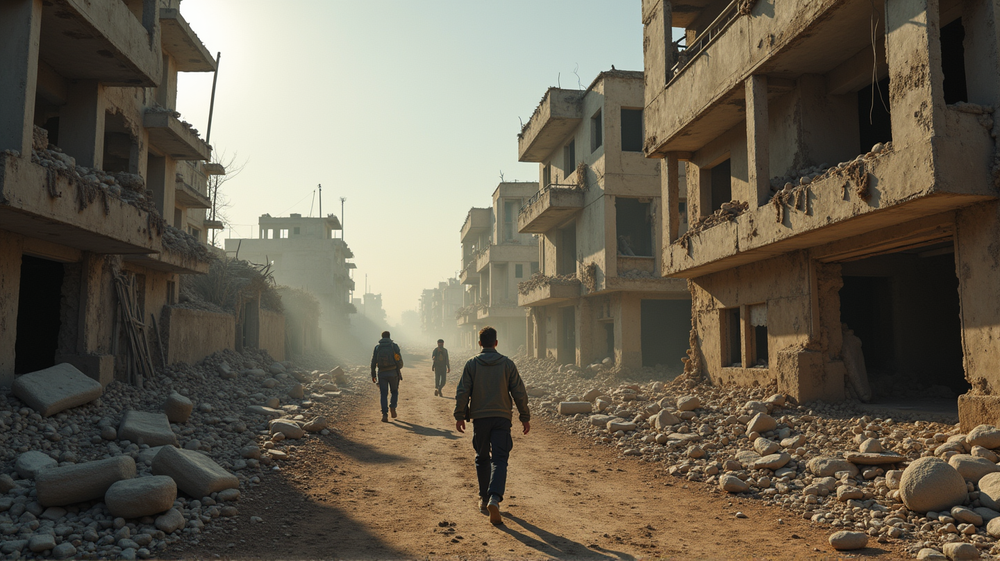The persistent conflict in the Middle East takes another contentious turn as the United Nations releases a revealing report this week. According to recent findings, Israel has allegedly set its sights on establishing enduring control over Gaza and seeking a Jewish majority in the occupied West Bank. This revelation deepens the geopolitical rift and stirs international debate on the region’s already complex dynamics.
Unveiling Israeli Intentions
The UN’s inquiry provides a detailed examination of actions by the Israeli government. The commission underscores the strategic intent behind Israel’s military maneuvers in Gaza, asserting they go beyond immediate security concerns. The demolition of infrastructure and creation of military corridors are pointed out as tactics designed to solidify control—actions that expand Israel’s influence over significant portions of the Gaza Strip.
A Clash of Narratives
Israel swiftly rebuffed the UN report, accusing it of distorting motivations and harboring political bias. “Hamas presents a direct threat, and our actions are defensive,” stated the Israeli mission in Geneva. They argue the inquiry fails to accurately portray the ongoing conflict’s realities, citing a defensive position against Hamas as justification for their military operations.
Allegations of Forced Displacement
Beyond Gaza, the report sheds light on alleged forceful displacement of Palestinians within the West Bank. The creation of settlements and expansion of Jewish populations are detailed as evidence of a larger annexation strategy. This has precipitated heightened tensions and reports of violence against Palestinian communities, raising grave concerns about the humanitarian impact.
Calculated Acts of Desperation
In a potent claim, the UN report accuses Israeli authorities of actions tantamount to an underlying genocidal agenda, describing calculated efforts to dismantle the Palestinian fabric of life through destruction and control. Navi Pillay, head of the UN commission, underscores the alleged deprivation faced by Palestinians, exacerbated by military actions and resource restrictions.
As stated in Reuters, these allegations stir moral and legal questions on the global stage, challenging the international community to reflect on its role in addressing such systemic human rights issues.
International Repercussions and Tensions
The fallout from the report might influence not just regional players but international relations. With key global powers observing, implications stretch far beyond immediate borders, testing alliances and diplomatic ties. Observers speculate how this will further shape policies, especially with significant international figures involved in brokerage and mediations.
This unfolding situation underscores the intricate chessboard of Middle Eastern politics—where every move reverberates through corridors of power worldwide.












